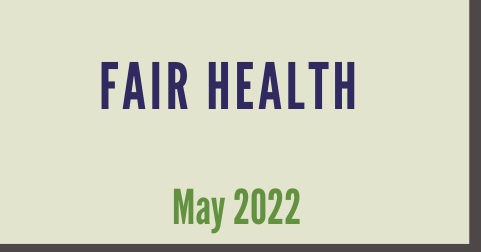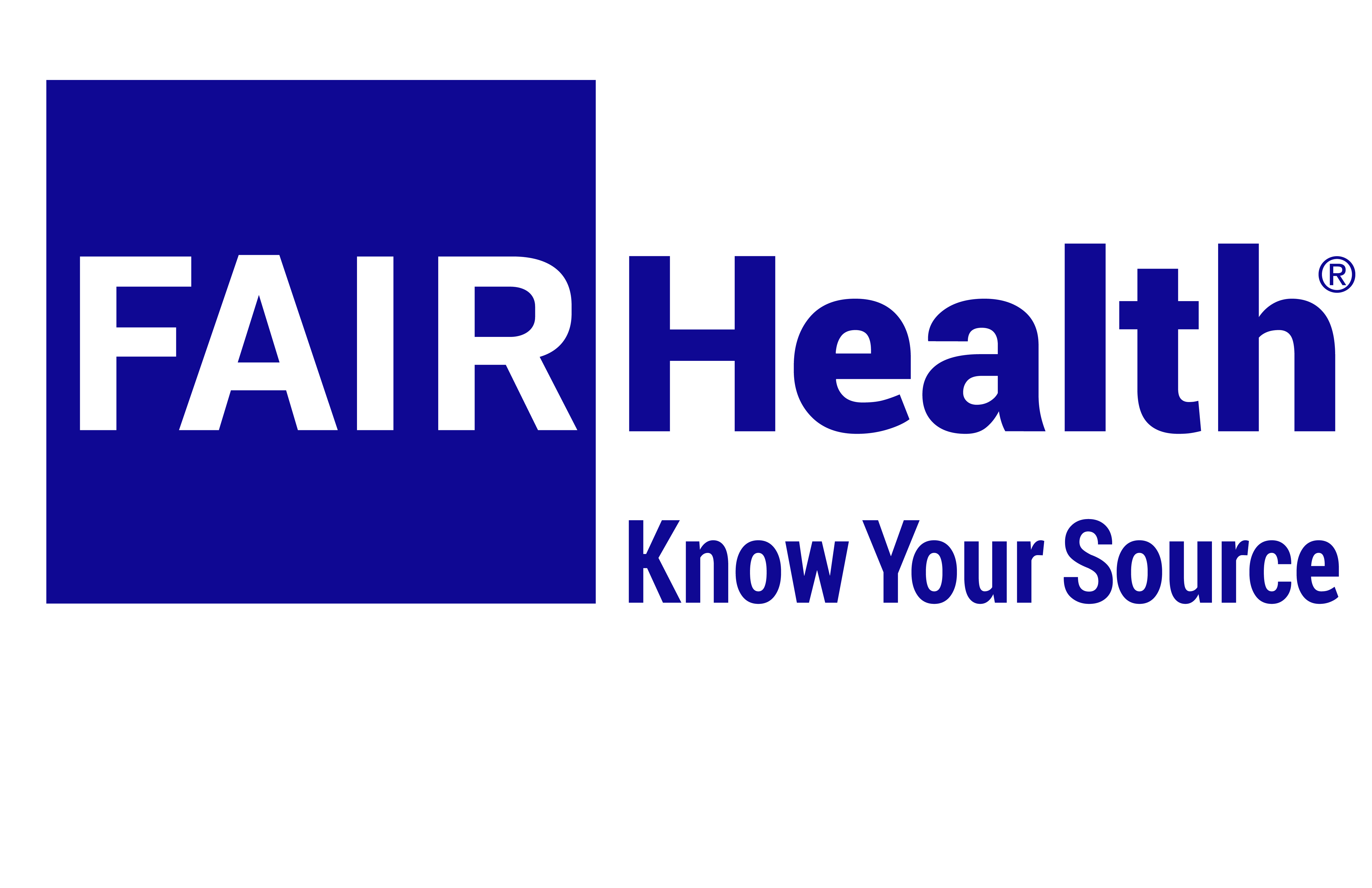FAIR Health

IAIABC: Please provide a description of your organization.
Pauline Williams, Director, Workers' Compensation, FAIR Health: FAIR Health, an independent nonprofit, was established in October 2009 with a mission of providing transparency in healthcare costs and insurance information. We manage the nation’s largest database of privately billed health insurance claims and hold all Medicare Parts A, B and D claims data for 2013 to the present. We are known for our commitment to transparency and for making actionable data available in innovative ways to all stakeholders in the healthcare community. FAIR Health is headquartered in New York City and employs approximately 100 employees nationwide.
In fulfillment of our mission, we make available data products and analytics, consumer resources and data that can help to formulate or evaluate policy and support academic studies. Our award-winning, free website (FAIR Health Consumer) and mobile app (FH® Consumer Classroom) enable consumers to estimate medical and dental costs and provide education information on a broad range of healthcare and insurance topics.
IAIABC: How does your organization serve the workers' compensation industry or what do you see as the most important role you play in the workers' compensation industry?
PW: FAIR Health plays a two-pronged role in the workers’ compensation industry:
- Workers’ Compensation insurers, bill review organizations, third-party administrators and others license FAIR Health’s benchmark data to support a wide range of functions, including:
- Processing bills in the absence of a fee schedule;
- Supporting contract and fee schedule development;
- Serving as a resource for arbitrators;
- Supporting dispute resolution;
- Using FH® Benchmarks to evaluate payment for services not valued in fee schedules;

- Determining amounts to be held in reserve for life care planning and Medicare set-aside purposes; and
- Conducting trend analyses by geographic region, injury, condition and/or procedure type with FH Custom Analytics tailored to each case.
- Our Workers’ Compensation division also is extremely proficient in providing State Regulators with an array of customized services to support the development of or updates to Medical Fee Schedules. We provide a multidisciplinary approach to the process with a team that includes workers compensation experts, coding specialists, medical and healthcare professionals, as well as project management expertise.
IAIABC: Are there any projects/programs/initiatives going on at your organization that you are particularly excited or enthusiastic about?
PW: FAIR Health produces its' own independent white papers and briefs on various topics of national interest and public health concern. These widely disseminated publications cover critical public policy topics such as diagnosis of post covid-19 conditions, long-haul covid, the opioid crisis, air ambulance and ground ambulance. While not based specifically on workers’ compensation data, the information is relevant and can be considered when reviewing workers’ compensation policy.
An initiative that has provided a significant amount of insight is the Monthly Telehealth Regional Tracker. It uses FAIR Health data to track how telehealth is evolving monthly. Beginning in 2022, each infographic shows month-to-month changes in volume of telehealth claim lines, as well as that month’s top five telehealth procedure codes, top five telehealth diagnoses and top five telehealth specialties. Additionally, in the Telehealth Cost Corner, a specific telehealth procedure code is featured, with its median charge amount and median allowed amount. It allows one month to be compared to another month, and regional statistics for each month can be compared to national statistics for that month. This is an important tool as regulators continue to evaluate the use of telehealth services in the treatment of injured or ill workers.
IAIABC: Why is your organization a member of the IAIABC? What would you tell others about the benefits of membership?
PW: FAIR Health is a member of IAIABC because it helps to keep us current with issues important to the workers’ compensation community and supports our work with states. IAIABC provides leadership and excels at maintaining focus on continuous improvement in Workers Compensation. As members, we are provided the opportunity to collaborate with government officials and industry leaders on a multitude of important issues.
